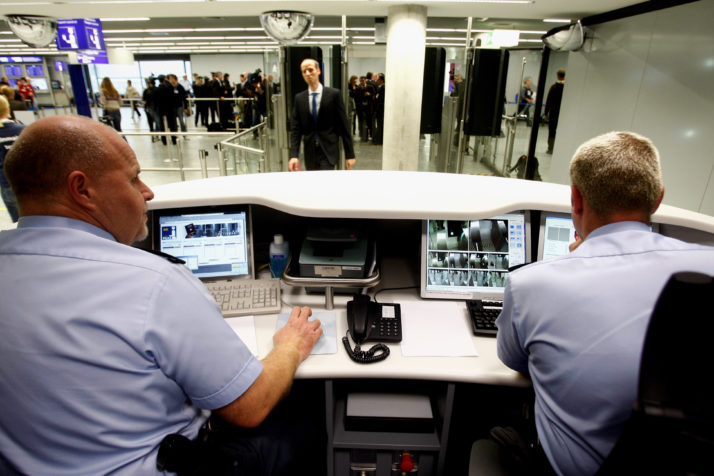Brussels – A meeting of security experts from around Europe is expected to be held in the coming few hours, to evaluate the implementation of recent joint border measures, aimed at limiting the movements of foreign fighters and preventing terrorist attacks.
The Schengen Border Code, which entered into force on April 7, requires European national authorities to ID check, using security databases, every EU citizen, who leaves or enters the outer fringes of the Schengen area of 26 EU states.
The new rules fall within the framework of a larger anti-terror effort to respond to terrorist attacks in Europe and the phenomenon of foreign fighters.
While admitting that the new measures would create some traffic jams along the land borders and chaos in airports, the EU commission said on Monday that member states had the time to prepare for the entry into force of these new regulations.
The proposal for systematic checks was first announced in December 2015 and then adopted by EU countries early last month.
The EU Commission noted that while European authorities are allowed to derogate from the checks at land and sea borders, they must first provide “a thorough risk assessment” to make sure the overall level of security is not weakened.
A EU Commission spokesperson said that within hours of the launch of the new regulations, European Commissioner for Migration, Home Affairs and Citizenship Dimitris Avramapoulos contacted several interior ministers of the concerned countries, to clarify the possibilities provided by the new border control system.
Meanwhile, Belgian authorities in Brussels said that on the first day of the implementation of the new regulations, 15 people were prevented from leaving the country through air and land borders. One of those was wanted to serve a prison sentence, according to a Belgian Federal Police spokesman.
